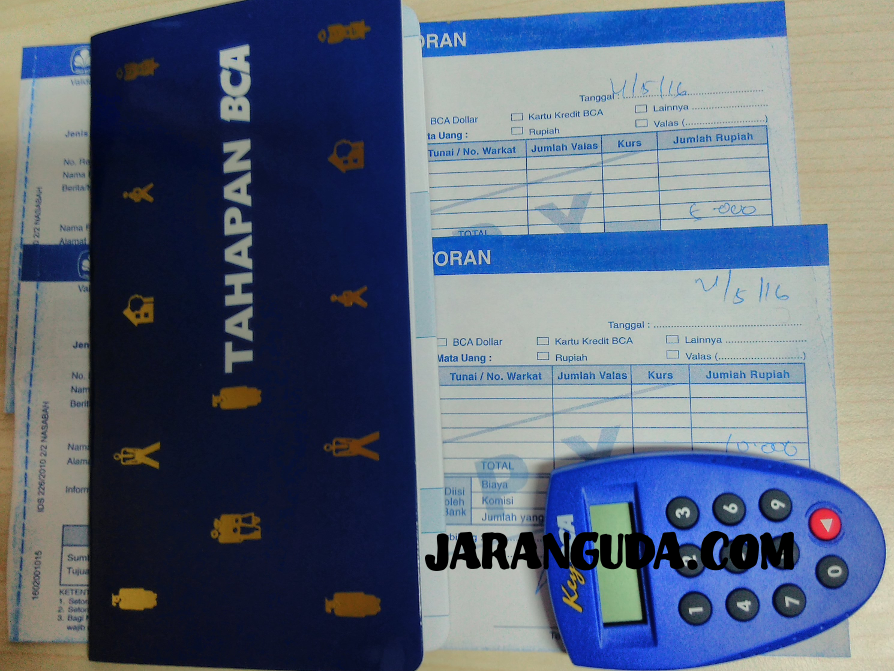

If you want to install software from Canonical Partner Repositories (closed source software), enable the Ubuntu Partner Repositories (both of them).Įnable any 3rd party repository you wish to enable. All of the Ubuntu Branches repositories.Note 4: You can find some explanation of the repositories in this my other answerįor releases prior to and including 18.04, you can use (currently, 20.04 and later are not supported by this tool).įor the default set of repositories, you need to enable these repositories. You can disable one or more of them by removing the word. Note 3: There are repository lines which includes all four components: main, universe, restricted, multiverse.

apt will ignore it, so any repositories mentioned on that line will be disabled. Note 2: Using # at the start of the line makes that line a comment. deb is for binary packages and deb-src is for source packages. Note 1: the word deb and deb-src refers to the repository format. To replace the word, you can use this sed command (assuming you copied the sources content in /etc/apt/sources.list): sudo sed -i "s/precise/$(lsb_release -c -s)/" /etc/apt/sources.list You can see which name you should use with this command: lsb_release -c -s If you're using another release, you need to replace the precise word with your Ubuntu release name. # Ubuntu Main Reposĭeb precise main restricted universe multiverseĭeb-src precise main restricted universe multiverseĭeb precise-security main restricted universe multiverseĭeb precise-updates main restricted universe multiverseĭeb precise-proposed main restricted universe multiverseĭeb precise-backports main restricted universe multiverseĭeb-src precise-security main restricted universe multiverseĭeb-src precise-updates main restricted universe multiverseĭeb-src precise-proposed main restricted universe multiverseĭeb-src precise-backports main restricted universe multiverse This is the sources.list file for 12.04 Precise Pangolin. (This image is later added from Ubuntu xenial, so there can be some differences) I recommend selecting the security and updates channels at least. To do so, switch to Updates tab and select one or more updates channel.
You must enable some repositories from the new window in order to create a new sources.list file in /etc/apt/.Īfter enabling some sources from Ubuntu software tab, you can enable updates. Then, change the server to Main server or to any other server of your choice. This will open software-properties-gtk with no repository selected. Open Software & Updates software-properties-gtk Move the corrupted one to the safe place sudo mv /etc/apt/sources.list ~/Īnd recreate it sudo touch /etc/apt/sources.list Open a terminal ( Pressing Ctrl+ Alt+ T ) and do these


 0 kommentar(er)
0 kommentar(er)
